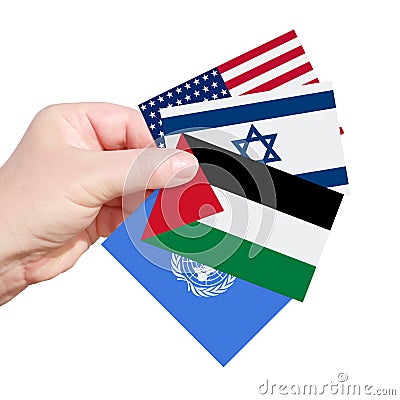Missiles and Silver Bullets
To address the North Korean nuclear and missile test crises, the U.S. is negotiating with South Korea to deploy a new Terminal High Altitude Area Defense missile defense system. Like an arrow already in its bow, the balance in the Korean Peninsula may shatter to pieces.
In a joint press conference, mainland China and Russia have jointly expressed opposition to the United States’ actions. As diplomat Wang Yi describes, "Not only does it threaten the resolution of the peninsula nuclear issue, it quite possibly could pour oil on the fire of an already tense situation, and even destroy strategic equilibrium on the peninsula."
If we zoom out to get a broader view of Western Pacific geopolitics, it is not hard to see that the U.S. is triggering a series of arms races in Southeast Asian countries in the name of pivoting to Asia. With the tacit consent of the United States, Japan has broadened the scope and restrictions of the U.S.-Japan Treaty of Mutual Cooperation and Security by accelerating the research and development of higher-order weapons, production and covert exports.
Through Japan, the U.S. has once again extended its power to Southeast Asia, especially the Philippines and Vietnam, which share similar interests in the South China Sea, and India, with whom it has military cooperation. With military exercises, weapons sales and rentals, and a military exchange, the U.S. is unifying Asian countries to contend with China. From Northeast Asia to Southeast Asia, countries of the first island chain are increasing their move toward U.S. military affairs.
China is not at all in a passive state. On April 28, in the opening ceremony of the Fifth Meeting of the CICA Ministers of Foreign Affairs,* Xi Jinping emphasized a joint effort of "contributing to the fostering of a security governance model with Asian features" and "strengthening coordination among Asian regional security frameworks." Turning to America, he stated, "We will never allow war or chaos on the Peninsula."
China is not butting heads. While the U.S. communicates with China militarily and assembles allies, China chooses to use a "silver bullet" to pull together major countries in the West Pacific, strengthening economic and trade dependence and gradually reducing Asia's "Americanness," driving America out of its place of influence.
In this 21st century strategic battle between West Pacific missiles and silver bullets, who will come out ahead?
*Editor’s note: The complete title of this gathering is the Fifth Meeting of the Ministers of Foreign Affairs of the Conference on Interaction and Confidence-Building Measures in Asia.

